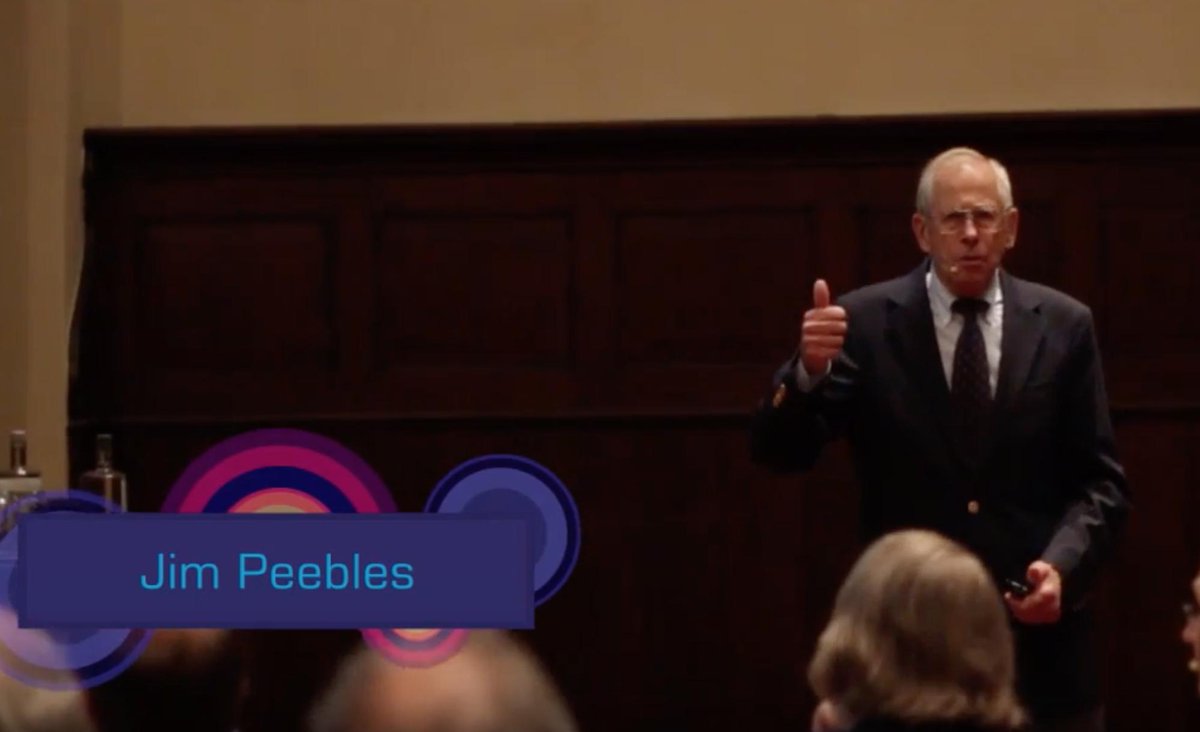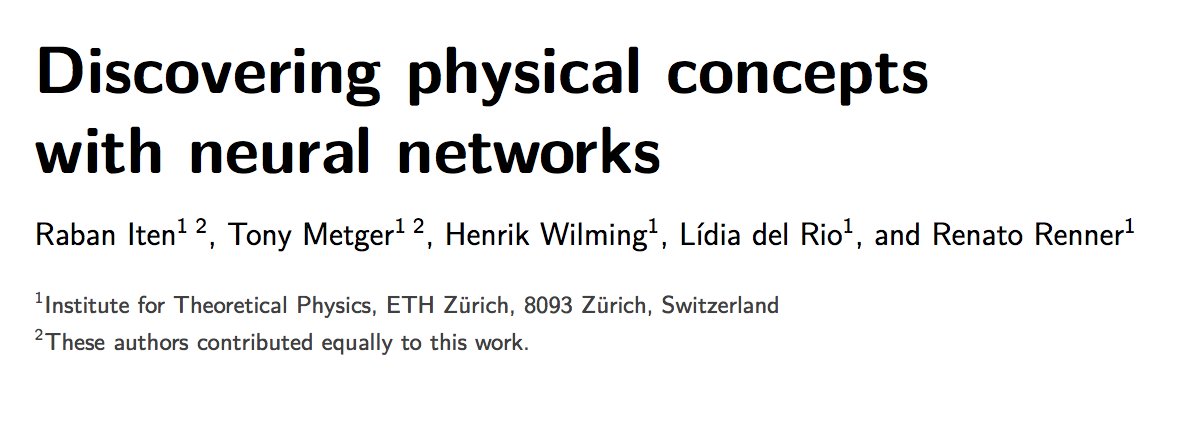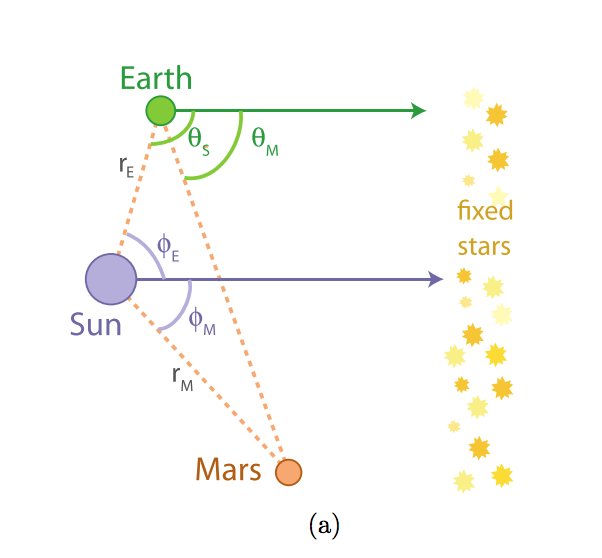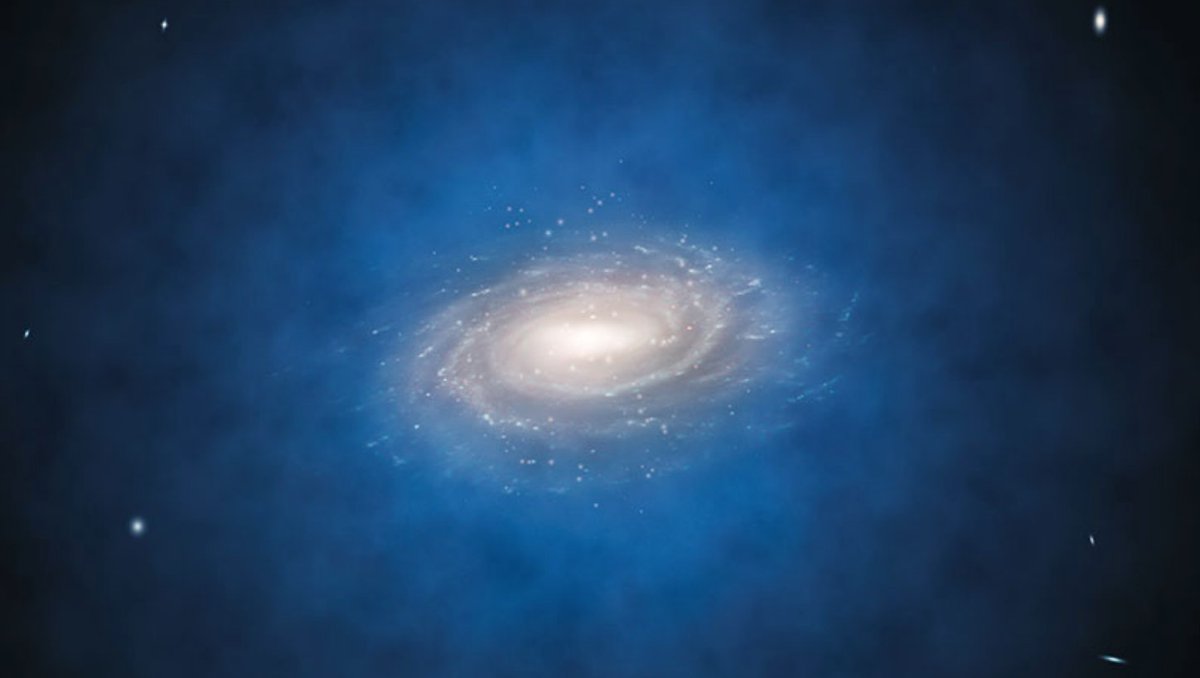
Fritz Zwicky is often credited for coining the term 'dark matter' but that's not quite true: the term had been in use for *decades* when he published his famous 1933 paper, and he was well aware of that. A #Thread on the early history of #darkmatter
https://twitter.com/Perimeter/status/963777205468909568?s=20
A few months before publishing the 1933 paper, in an article on cosmic rays, Zwicky wrote in passing "according to the present estimates, the average density of dark matter in our galaxy and throughout the rest of the universe are in the ratio 100000"😯journals.aps.org/pr/pdf/10.1103… 



This may sound puzzling/shocking, especially since the ratio matches modern estimates! Clearly by early 1933 he was familiar with the concept of 'dark matter', and estimates existed of both the local density, and of the average density of the universe! How can that be?
Let's start from the concept of dark matter. Evidence for unseen matter influencing the motion of celestial objects can be traced back at least to 1844, when Bessel argued that the motion of stars Sirius and Procyon could only be explained by the presence of faint companion stars
In the concluding paragraph of his article, Bessel ponders the existence of many invisible stars: "But light is no real property of mass. The existence of numberless visible stars can prove nothing against the evidence of numberless invisible ones" doi.org/10.1093/mnras/… 

Only two years later, in 1846, Le Verrier and Adams, in order to explain some persistent anomalies in the motion of Uranus, proposed the existence and predicted the position of a new (today we would say 'dark') planet, almost immediately discovered by Galle, and dubbed Neptune 



Dark stars and dark planets. What about a more diffuse form of matter? Lord Kelvin was among the first to attempt a dynamical estimate of the amount of dark matter, establishing a relationship between the size of our galaxy and the velocity dispersion of stars. He wrote: 

Henri Poincaré further developed Lord Kelvin’s idea. In 1906 he explicitly mentioned “dark matter” (first as “matière obscure” in the original French, then in English), and showed that the amount of dark matter was likely to be less than, or similar to, that of visible matter 

By the time Zwicky wrote his paper, pioneers Kapteyn, Jeans, Lindblad, Opik and Oort had worked on the dynamics of stars in the galaxy, and obtained estimates of the local dark matter density. Kapteyn for instance discusses 'dark matter' in the abstract of his 1922 paper 

Zwicky certainly was aware of these papers, and must have considered them common knowledge, as in his 1933 paper on cosmic rays he quoted the value of the DM local density without citing anyone. Estimates were wildly uncertain, but approximately right eg arxiv.org/pdf/1404.1938.… 

As for the average density of the universe, by 1933 consensus was emerging that the redshift of galaxies was due to the expansion of the universe. He may have obtained the density from the velocity recession of galaxies, starting from the data of Hubble and Humason..
If so, he would have obtained a local density higher than today's value only by a factor ~2, as Hubble constant was too high by a factor of 10 in H&H, but also the fraction of the critical density in form of dark matter was too high by a factor ~5..
..which would explain why he obtained a ratio of "local" to "average in the universe" dark matter density (If you have alternative explanations, please let me know!) For more information and references, see "A History of Dark Matter", with @DanHooperAstro arxiv.org/abs/1605.04909
• • •
Missing some Tweet in this thread? You can try to
force a refresh















